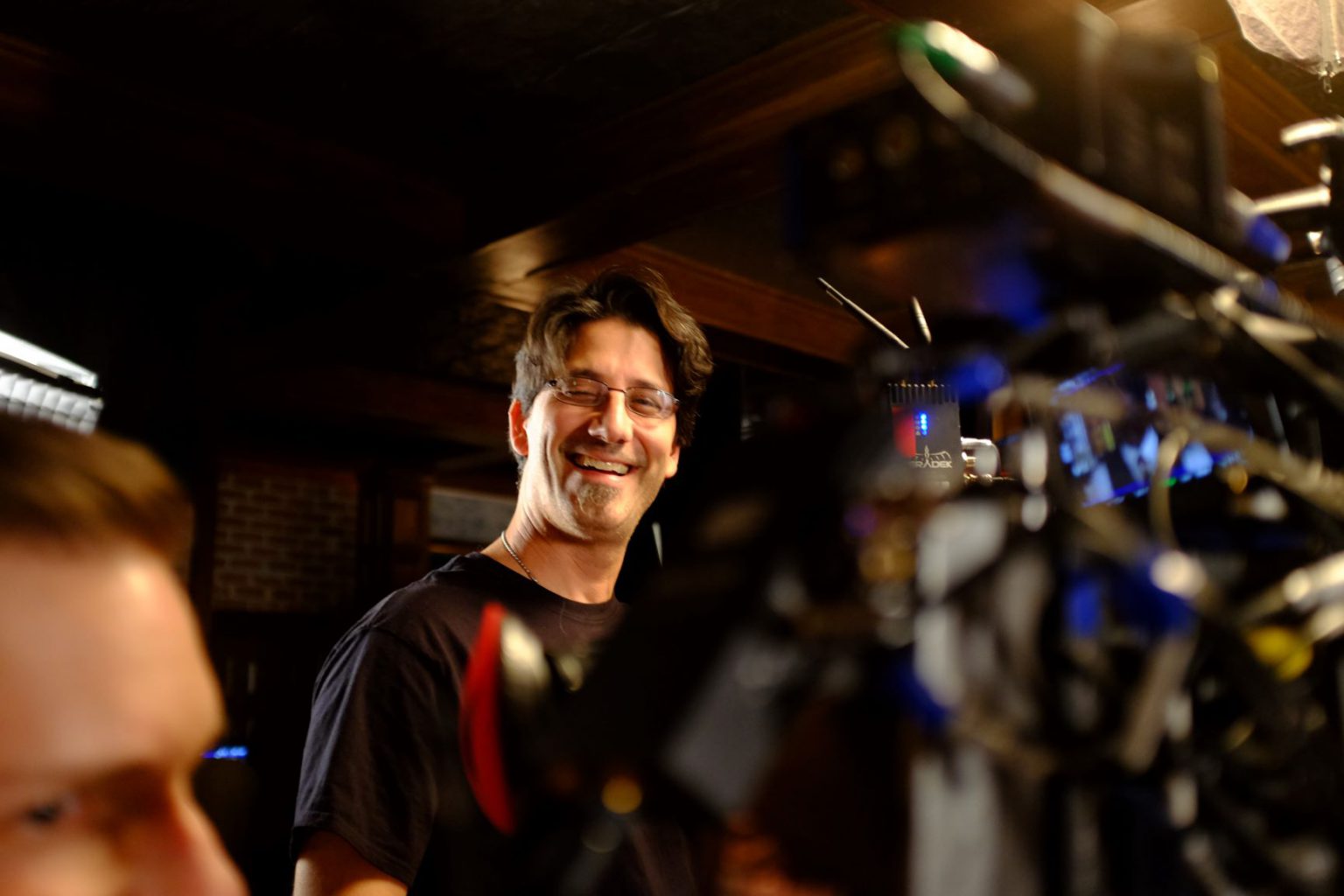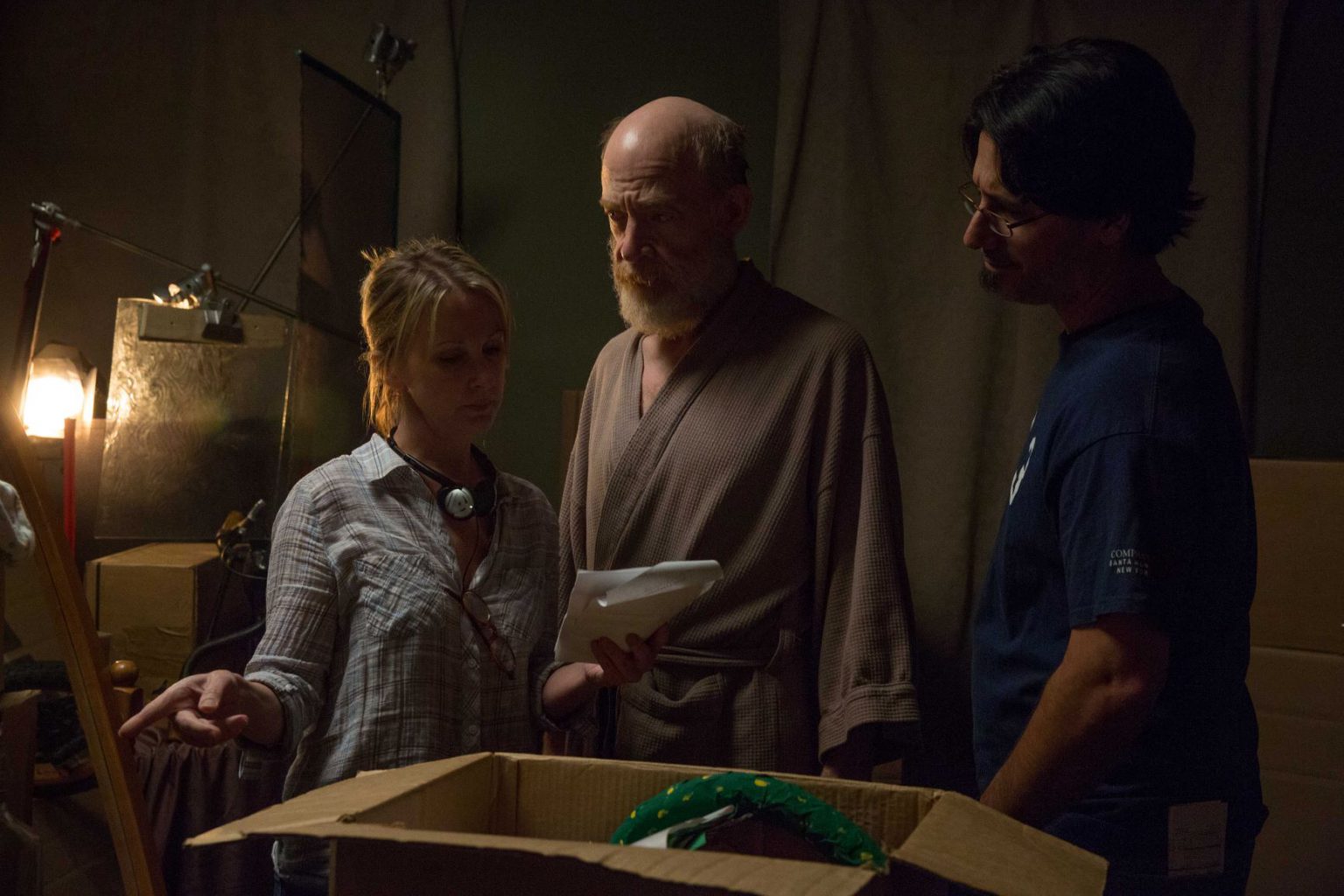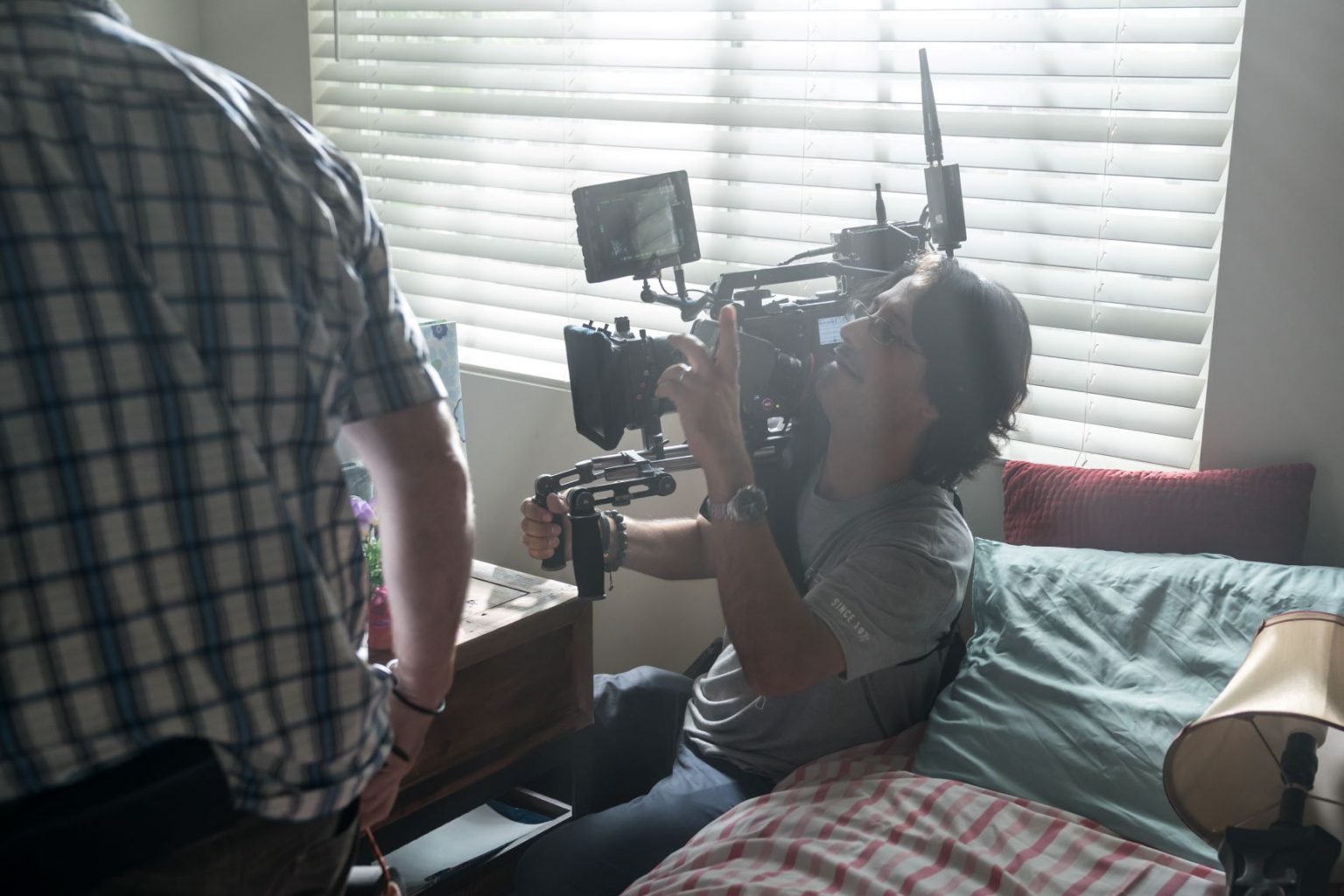
An artist in any field faces many challenges in their craft, from finding the perfect muse to making a living. But artists whose work is inherently collaborative—like those working in film—are facing unique challenges in getting work and staying safe during the COVID-19 pandemic.
Pietro Villani has been a cinematographer for the past two decades. Originally from Brooklyn, this Chapman University graduate and now L.A. based freelance artist has worked on films, music videos, shorts, documentaries and commercials. Villani started his career as a set lighting technician, working on the sets of movies like “Spider-Man 3” and “Dreamgirls.” He is now an established cinematographer with a wide range of experience. He has filmed everything from TV commercials for companies like Farmers Insurance, Ford, Hyundai, and Heinz Ketchup to movies like “I’m Not Here” starring J.K. Simmons, Mandy Moore and Sebastian Stan.
But all production stopped when the COVID-19 pandemic hit, with most shows and movies halting all operations on March 14. Hollywood was shut down until June 12, when Gov. Gavin Newsom allowed film and TV production to resume. But things were very different when work started back up again. Villani tells Inside Fullerton his experience during this time. This interview has been edited for length and clarity.
IF: What was it like being on set in the middle of March right as the virus was starting to hit?
PV: We knew it was coming. I had friends calling me and texting me saying, “Hey, my show just went down.” First thing I was concerned about was the safety of my crew, my people.
IF: Sounds like it was a waiting game. Production crews didn’t know when it was coming until it did. What was the closure itself like?
PV: There was no trail off, everything just completely shut down. All the friends I know, each one of their shows went down at the same time… It was like turning the engine off, and it was quiet. No one was working.
IF: Just like that, Hollywood was shut down. How long were you out of work? What was that period of time like?
PV: I didn’t come back to work until the end of June. My kids were home, they were still doing school. I was doing nothing but working on my house. Just waiting for it to end. With no date in sight. Nobody talked about doing anything because no one knew what was going to happen.

IF: So no new projects, and any projects you were attached to were cancelled. With productions now resuming, what are some major changes within the work environment that affect your workflow?
PV: The process gets slowed down, and it’s an industry that doesn’t like to be slow. Now, you have more things to do, meaning testing. In the beginning you were getting the nasal swab where they would go into the back of your skull, now they are doing it just in your nostril—they’re doing rapid tests.
IF: What’s a day in your life like as a cinematographer now?
PV: You come in, you answer questions, you go to work. People come on set, and certain people need to clear out. Only certain people are allowed on set… I’m allowed on set, but they want the lighting crew to step off. Then we have to go around and wipe everything down at the end of the day… So you’re wiping down the whole camera package—you’re wiping down your lights… It’s a lot of added steps.
IF: Are there any other challenges to working in production right now?
PV: I did a commercial… That was done small and all remote. Director was remote. Client was remote. Producer was remote… a lot of people were remote, it was very interesting. When I’m shooting a commercial and my director is not there, it’s weird. It’s very detached.
IF: Are you concerned about your safety while working?
PV: Am I concerned? Yeah? But I don’t think there is any model out there that’s going to be perfect.
IF: In your experience, are people following the guidelines?

PV: Some of these people have to be reminded. I did a short after we opened… you’d find their mask down below their nose. And then the monitor would have to remind them “Hey, pull your mask up.” It’s just natural to gravitate back to that and forget. You know what I mean? Because you’re in the moment.
IF: Are you starting to get more work and what are your thoughts on future productions?
PV: I’ve been working here and there, and it’s been great, but it’s not like it was before this whole thing went down. I mean I’m dying to get back to work. I’ve been fortunate… I’m not as busy as I used to be, but I am working… Some people got nothing still, and that’s scary. And we’re not out of the woods. I mean, is this going to shut back down? The plug can be pulled at any point, and we could go back to silence.
